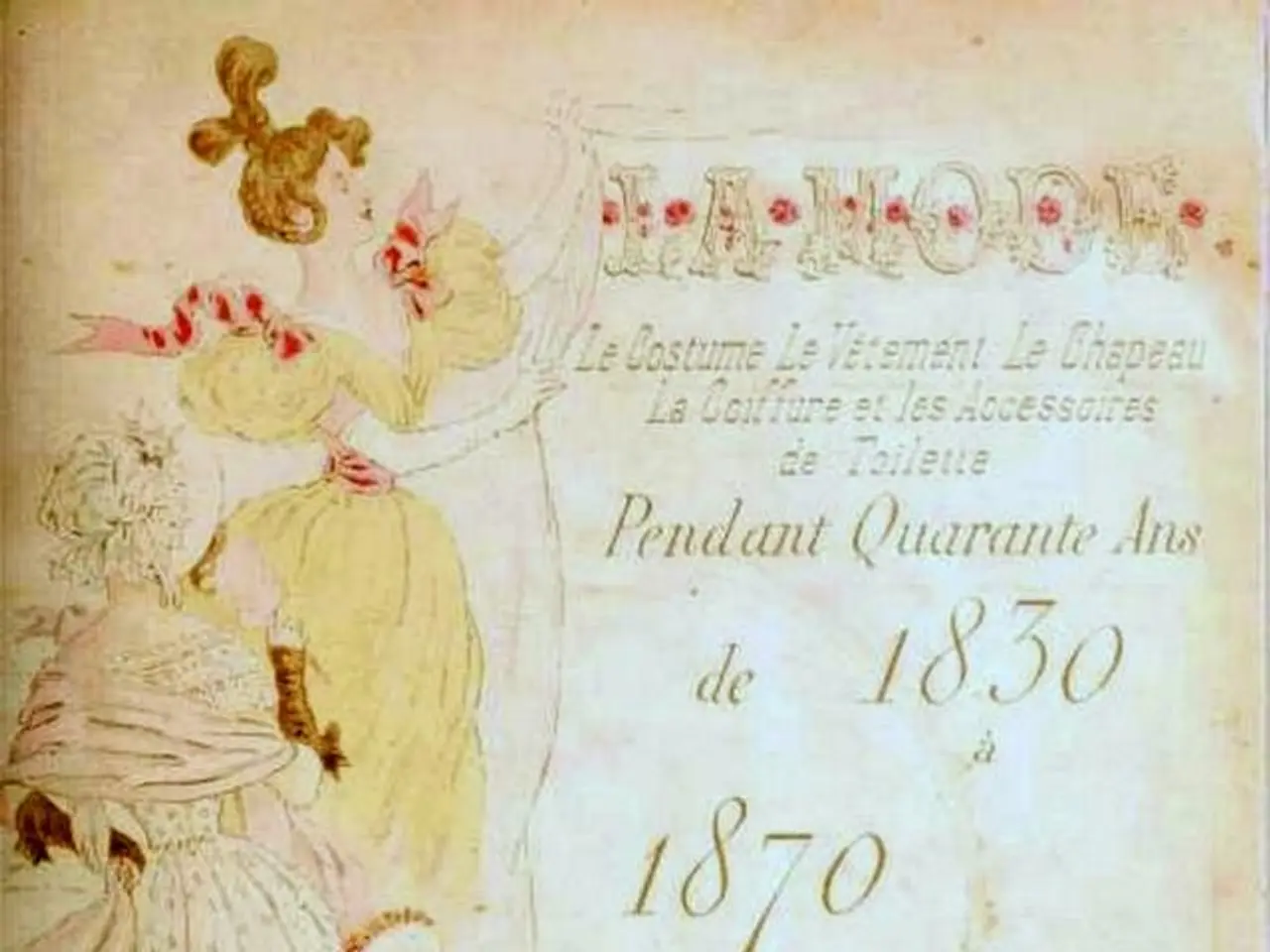Women now dominate the landscape of Bergisch Gladbach
In a significant recognition of their contributions, the Zanders women – Julie, Maria, and Olga – have been selected for a special honour by the Women's Council NRW e.V. as part of the Women's Places NRW project.
Julie Zanders, who led the company Zanders from 1831 to 1869, initially alone and later with her son Carl Richard, played a crucial role in keeping the company afloat and making it independent at a time when this was uncommon for women. Her daughter, Maria Zanders, took over the company in 1870 and oversaw its expansion through acquisitions and modernization, initiating the construction of Villa Zanders in 1873-1874. Maria created a place where art, music, and civic engagement came together, a heritage that continues to shape the Kunstmuseum Villa Zanders today.
Olga Zanders managed the company from 1915 to 1929, employing around 1500 people, and successfully navigated the company through World War I and the depression of the 1920s. She also established a wedding grant for the children of Zanders employees.
The Zanders women's determination and leadership were highlighted by Mayor Frank Stein, who paid tribute to their life's work, stating that their actions secured many people's jobs and livelihoods for many years. Judith Klaßen, the city of Bergisch Gladbach's equal opportunities officer, emphasized that the Zanders women were pioneers who decided to take responsibility for leading the company Zanders at a time when this was not common.
Tatjana Countess von Spee, a direct descendant of the Zanders family, paid tribute to the extraordinary and pioneering merits of the three entrepreneurs for the paper factory and thus for the social and cultural life of the region. The memorial plaque for the Zanders women was inaugurated at Villa Zanders on Friday, 12th September.
The Women's Places NRW project aims to honour 57 women personalities from over ten centuries and from all regions of North Rhine-Westphalia by the end of 2025. The project is funded by the Ministry for Children, Youth, Families, Equality, Flight and Integration of the state of North Rhine-Westphalia and is under the patronage of the Minister for Equality, Josefine Paul. The project aims to contribute to equality by correcting the skewed perception that women have not made significant contributions to history.
Dr. Ulrich Soénius, director of the Rhineland-Westphalian Economic Archive Foundation, played a key role in placing Bergisch Gladbach's FrauenOrt under the umbrella of the project of the Women's Council NRW. Jihane Qotit Zerhouni, board member of Women's Council NRW e.V., emphasized that the project aims to contribute to equality by correcting the skewed perception that women have not made significant contributions to history.
The Zanders women shaped the fate of the paper manufacturer Zanders over two centuries, making significant contributions to the region's social and cultural life. Their inclusion in the Women's Places NRW project serves as a testament to their enduring legacy and the importance of recognising the contributions of women in history.
Read also:
- Potential Consequences of Dismantling FEMA Vary Across States
- Railway line in Bavaria threatened by unstable slope - extensive construction site at risk
- Wind Farm Controversy on the Boundary of Laois and Kilkenny
- Delaware's contentious offshore wind project faces uncertainty as the Trump administration reverses course on clean energy initiatives.




